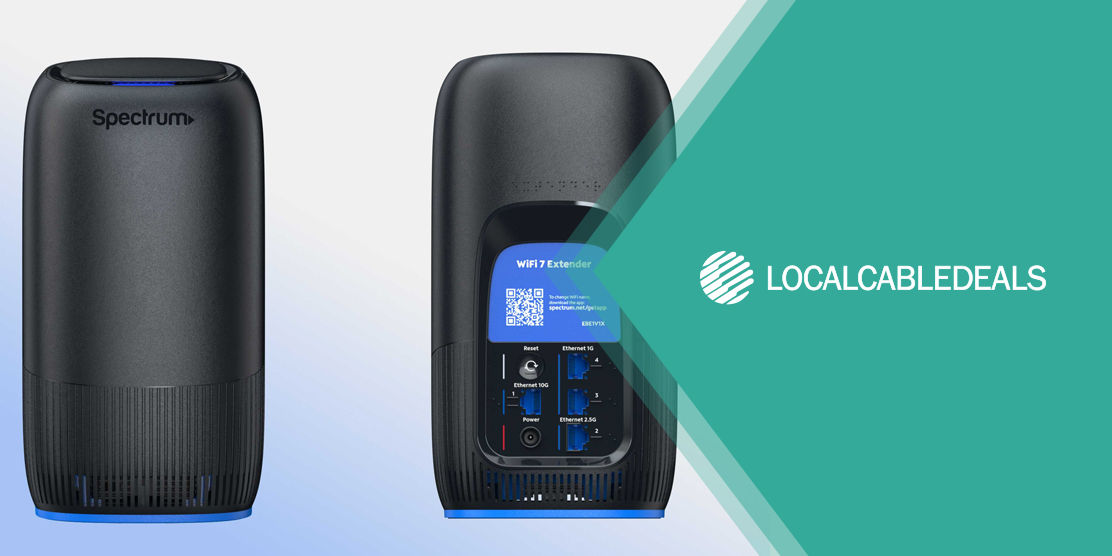The internet has a complex infrastructure - a lot goes on in the background when you open a website in a browser and access different types of content. The Domain Name System (DNS) is one of several vital components of the system and has a significant impact on internet speed.
What is DNS?
DNS is often addressed as the directory of the internet. The function of DNS is to correlate a domain name to a location and fetch content for the designated website.
The websites we visit have user-friendly domain names, which need to be converted to a machine-friendly format called an Internet Protocol (IP) address. Each device connected to the internet has a unique IP address, defining its geographical location. IP addresses enable communication between computers.
Therefore, DNS translates a generic web address into a unique string of alphanumerical characters that we don’t have to commit to memory.
You can think of DNS as the contact list on your smartphone. We don't memorize the phone numbers of each of our contacts because we can save them. We simply tap on the name and the associated phone number is automatically dialed to connect us via call.
How Does DNS Work?

Whenever we type a web address into a browser, we initiate a process called DNS Lookup:
Step 1: Type the URL in your browser and trigger a DNS query.
Step 2: Your computer interacts with a DNS resolver that begins searching the IP address linked to the domain name.
Step 3: The resolver issues a query to a root name server, which responds with the address of a top-level domain (TLD) DNS server.
Step 4: The resolver is redirected to a TLD server as per the domain's extension (such as .com or .net).
Step 5: The TLD server leads to the domain's authoritative name server, which contains the precise IP address of the domain.
Step 6: The resolver takes the IP address from the authoritative server and sends it to your computer.
Step 7: The IP address and associated data are stored in the DNS cache, which helps expedite future requests for the same domain.
The Role of DNS in Internet Speed
When your internet depicts a snail's pace, the DNS is one possible culprit. DNS controls how quickly a web page begins to load, so a delay in the lookup process gives the impression of a slow internet.
Inefficient DNS resolution leads to longer website loading times, high latency, and a noticeable decline in overall speed. Changing or optimizing your DNS can help improve website responsiveness and provide a seamless browsing experience.
Your devices are likely to connect to your internet provider's DNS by default, but you can switch to a third-party DNS server by adjusting your computer's DNS settings.
Impact of DNS Cache on Internet Speed
A DNS cache is a temporary storage space on your computer or device. It couples with your browser's cache to keep records of recent website data, so it quickly loads the next time you visit - as a result, you perceive faster internet speeds.
However, it is important to note that cached data is not reusable indefinitely. An outdated cache can cause errors that render the website inaccessible. This essentially happens when the old version of a website has been corrupted or replaced.
Clearing your DNS and browser cache lets you view the updated version of the website. The initial loading time may seem lengthier, but your cache collects the latest content and allows faster retrieval the next time.
Public DNS Servers vs. Your ISP's DNS
Using the DNS server of your internet service provider (ISP) is convenient, as it is configured by default. On the other hand, public DNS servers are usually faster, more secure, and customizable.
Using your ISP's DNS allows them to collect and sell your data, whereas most leading public DNS servers are privacy-focused, which enhances your online security.
Public DNS servers possess an extensive network and advanced infrastructure, which yield higher performance and reliability. In contrast, your ISP's DNS is localized and more prone to downtime.
FAQs
Does changing DNS servers improve download and upload speed?
No. Switching your DNS server can improve your internet’s latency or ping, though it has no impact on bandwidth. Therefore, download and upload speeds are not affected.
Which is the fastest DNS server in the world?
1.1.1.1 is a public DNS server operated by Cloudflare and known to be the fastest yet.
Does my location affect DNS speed?
Generally speaking, a DNS server located far away from you will impact browsing speeds. However, public DNS providers have servers worldwide, so requests from different locations are resolved efficiently. Moreover, other factors like network traffic also affect DNS speed.
How do I find the best DNS server for me?
One easy way to find the fastest public DNS server near you is by using Google's Namebench tool. Download the tool, run the benchmark, and switch DNS servers if necessary.
What factors to consider when choosing a DNS server?
Primary factors to consider while choosing a DNS server are:
- Security features
- Privacy Policy
- Speed
When do I need to change my DNS?
Switch your DNS when you notice these failing signs:
- DNS error messages
- Slow website loading
- Unstable connectivity
- High ping rate



